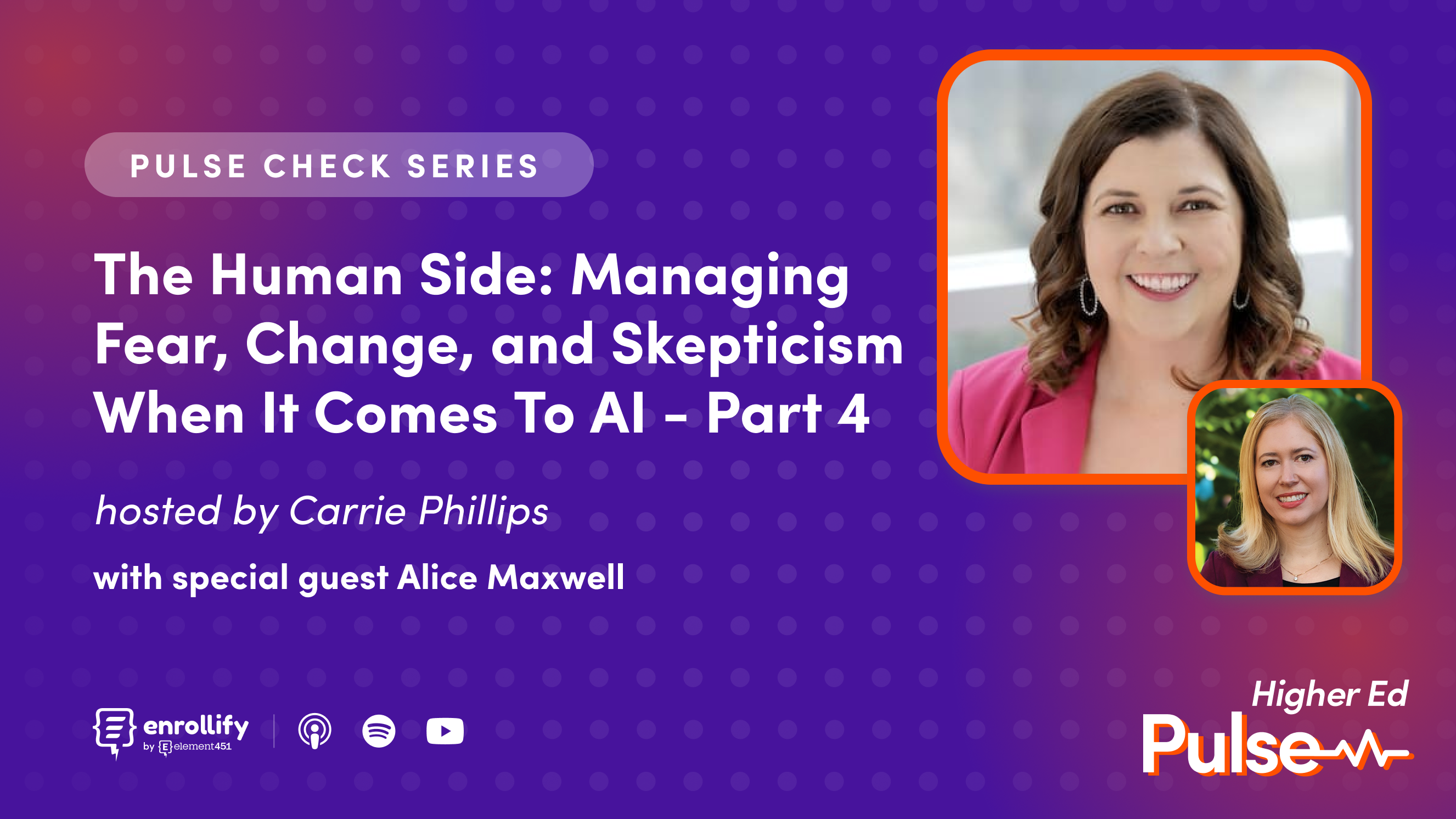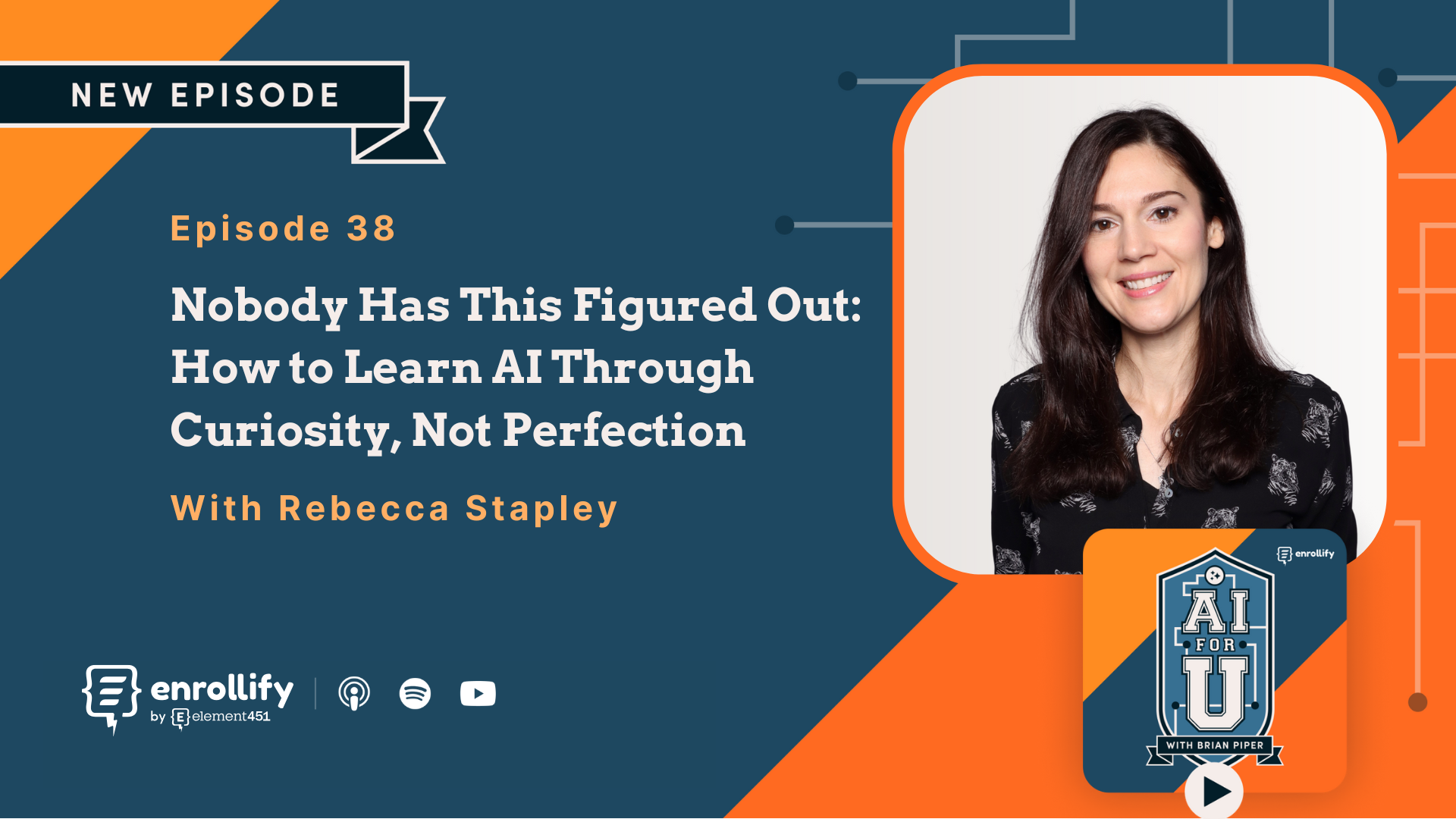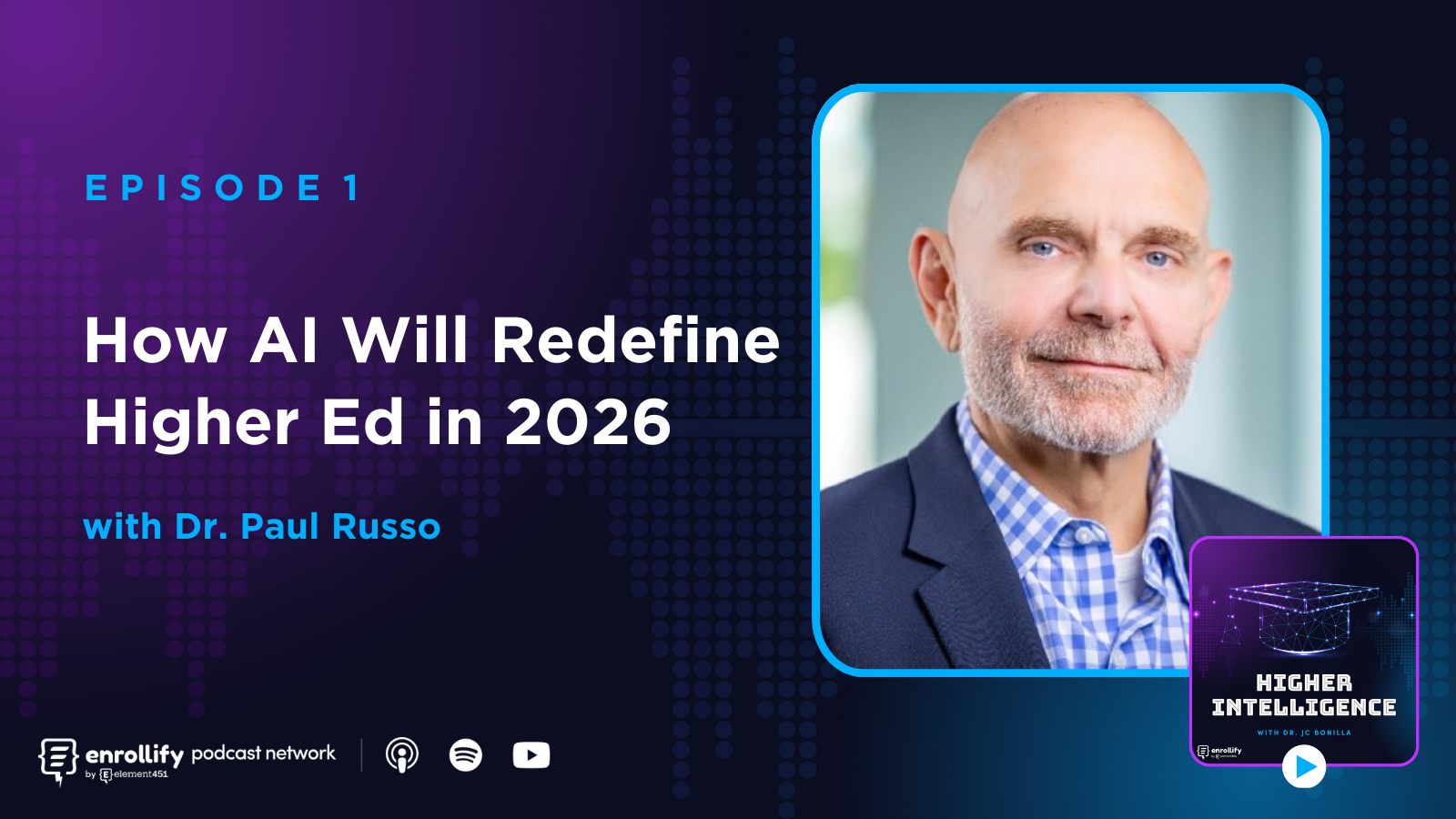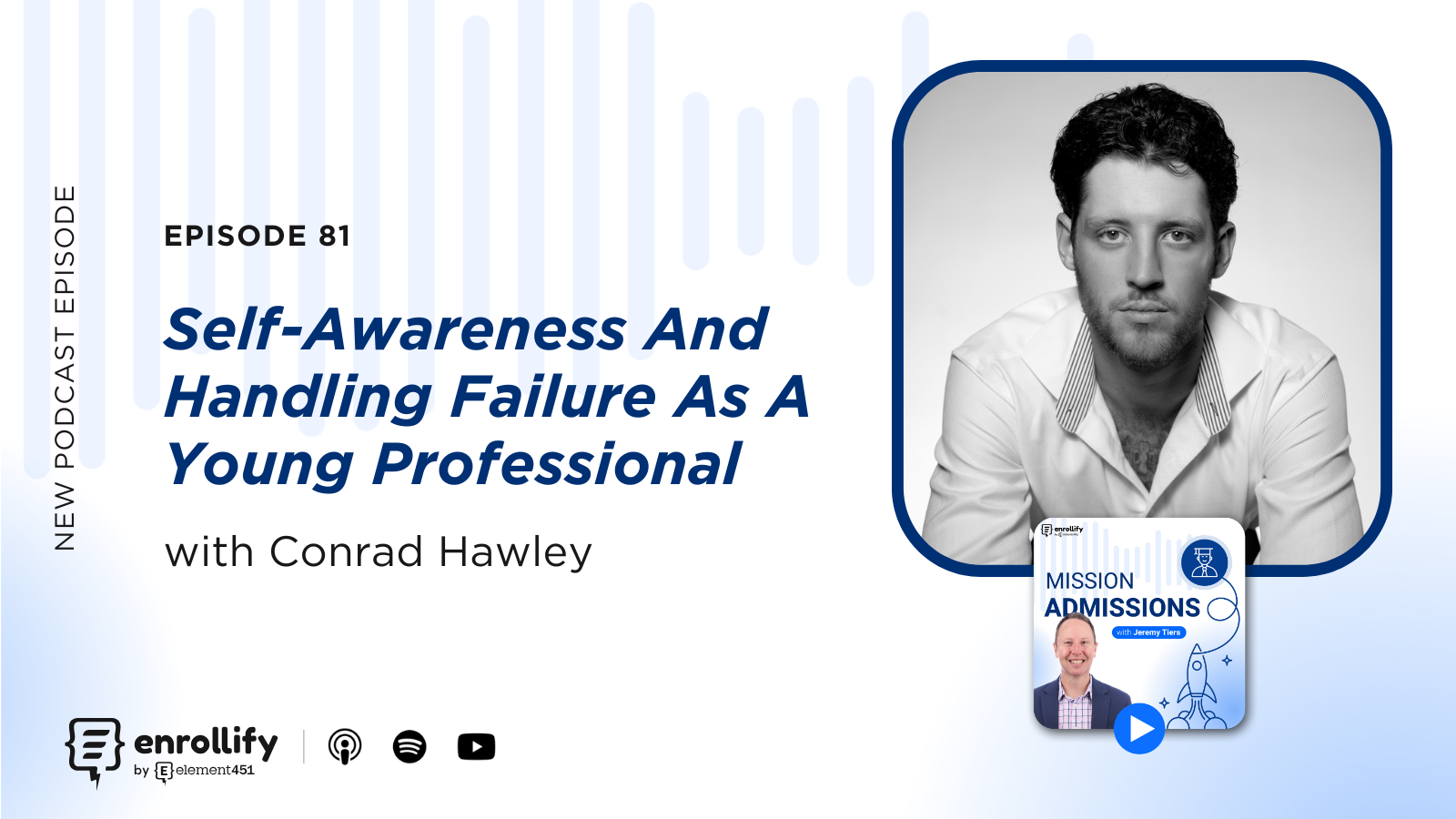About the Episode
About the Episode: In this episode of Generation AI, hosts JC Bonilla and Ardis Kadiu explore the complex world of business models for artificial intelligence products and services. They discuss recent developments with Google and OpenAI, and break down the various pricing strategies being employed, from free access to premium subscriptions. Ardis shares insights from his experience building AI into Element's higher ed CRM platform. The conversation covers key considerations for monetizing AI, including understanding customer needs, value creation, and strategic pricing. JC outlines eight potential business models, from "AI-first" paradigms to open source approaches. This episode is a must-listen for anyone looking to understand the financial side of the AI revolution.
Key Takeaways
- AI Monetization Models Are Diverse and Evolving
- From subscription-based models like ChatGPT Pro to embedded AI in platforms, monetization strategies vary widely.
- Companies like OpenAI and Google exemplify contrasting approaches, balancing free access with premium features.
- The Role of Embedded AI in Business Models
- AI is increasingly embedded into platforms like Element, providing value without overt pricing shifts.
- Organizations are grappling with how to price AI capabilities while ensuring value alignment for consumers.
- Adaptability is Key for AI Innovators
- Many AI companies start with undefined business models, pivoting as market needs and feedback evolve.
- Success depends on understanding customer needs, creating value, and being flexible in monetization approaches.
Episode Summary
The Big Stories: OpenAI and Google’s Diverging Paths
The episode kicks off with a discussion of two key industry moves: OpenAI’s decision to make ChatGPT accessible without an account, and Google’s push to integrate subscription-based AI features into its ecosystem. These moves highlight the diverse strategies organizations use to balance accessibility, market share, and revenue generation.
For OpenAI, the focus is on democratizing access to AI while maintaining premium offerings for advanced features. Conversely, Google is moving towards paid AI tools to capitalize on its generative AI capabilities. This yin-and-yang dynamic reflects the experimental nature of AI monetization.
Understanding AI Business Models: A Framework
JC and Ardis explore foundational business model principles, emphasizing three key pillars:
- Customer Needs – Understanding the specific problems AI can solve for users.
- Value Creation – Delivering measurable benefits through AI-powered solutions.
- Pricing Strategy – Balancing cost, perceived value, and competitive positioning.
They highlight eight emerging AI business models, including:
- Subscription Models (e.g., OpenAI Pro, Microsoft Copilot).
- Embedded AI (e.g., Element’s integrated AI assistants).
- Feedback Loops (e.g., Spotify’s AI-enhanced recommendations).
- Ecosystem Plays (e.g., AWS’s AI tools interconnected with other services).
Higher Education’s AI Frontier: The Element Story
As a pioneer in AI for higher education, Element provides a real-world example of these business models in action. The recent launch of Bolt AI Assistants demonstrates how AI is embedded to enhance student engagement and streamline administrative processes. While the pricing model remains a work in progress, the goal is clear: provide transformative value to institutions while ensuring scalability and accessibility.
Ardis reflects on the challenges and opportunities of building AI-powered solutions in higher ed, emphasizing the importance of aligning AI capabilities with institutional goals. From scheduling tools to personalized recruitment strategies, AI is reshaping the student lifecycle experience.
Connect With Our Co-Hosts:
Ardis Kadiu
https://www.linkedin.com/in/ardis/
https://twitter.com/ardis
Dr. JC Bonilla
https://www.linkedin.com/in/jcbonilla/
https://twitter.com/jbonillx
About The Enrollify Podcast Network:
Generation AI is a part of the Enrollify Podcast Network. If you like this podcast, chances are you’ll like other Enrollify shows too! Some of our favorites include The EduData Podcast and Visionary Voices: The College President’s Playbook.
Enrollify is made possible by Element451 — the next-generation AI student engagement platform helping institutions create meaningful and personalized interactions with students. Learn more at element451.com.
Connect with Us at the Engage Summit:
Exciting news — Ardis will be at the 2024 Engage Summit in Raleigh, NC, on June 25 and 26, and we’d love to meet you there! Sessions will focus on cutting-edge AI applications that are reshaping student outreach, enhancing staff productivity, and offering deep insights into ROI.
Use the discount code Enrollify50 at checkout, and you can register for just $200.
Learn more and register at engage.element451.com — we can’t wait to see you there!















